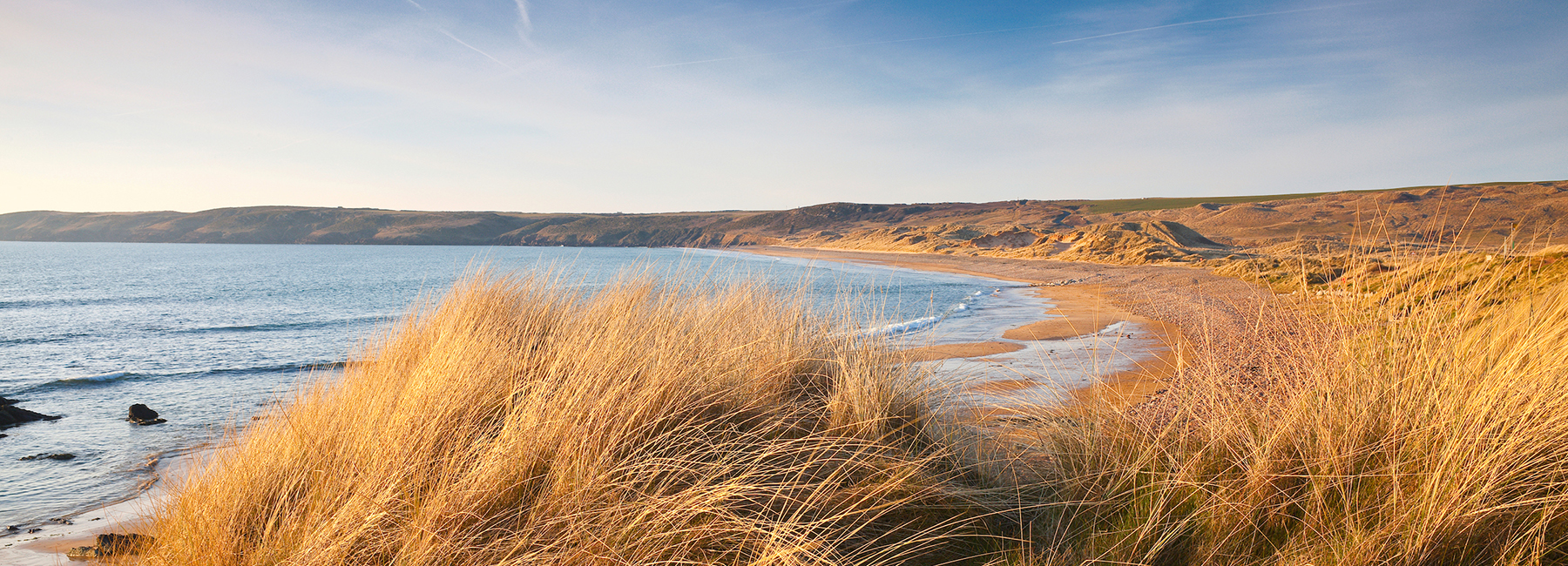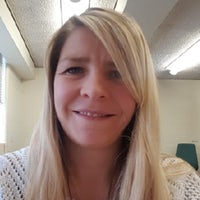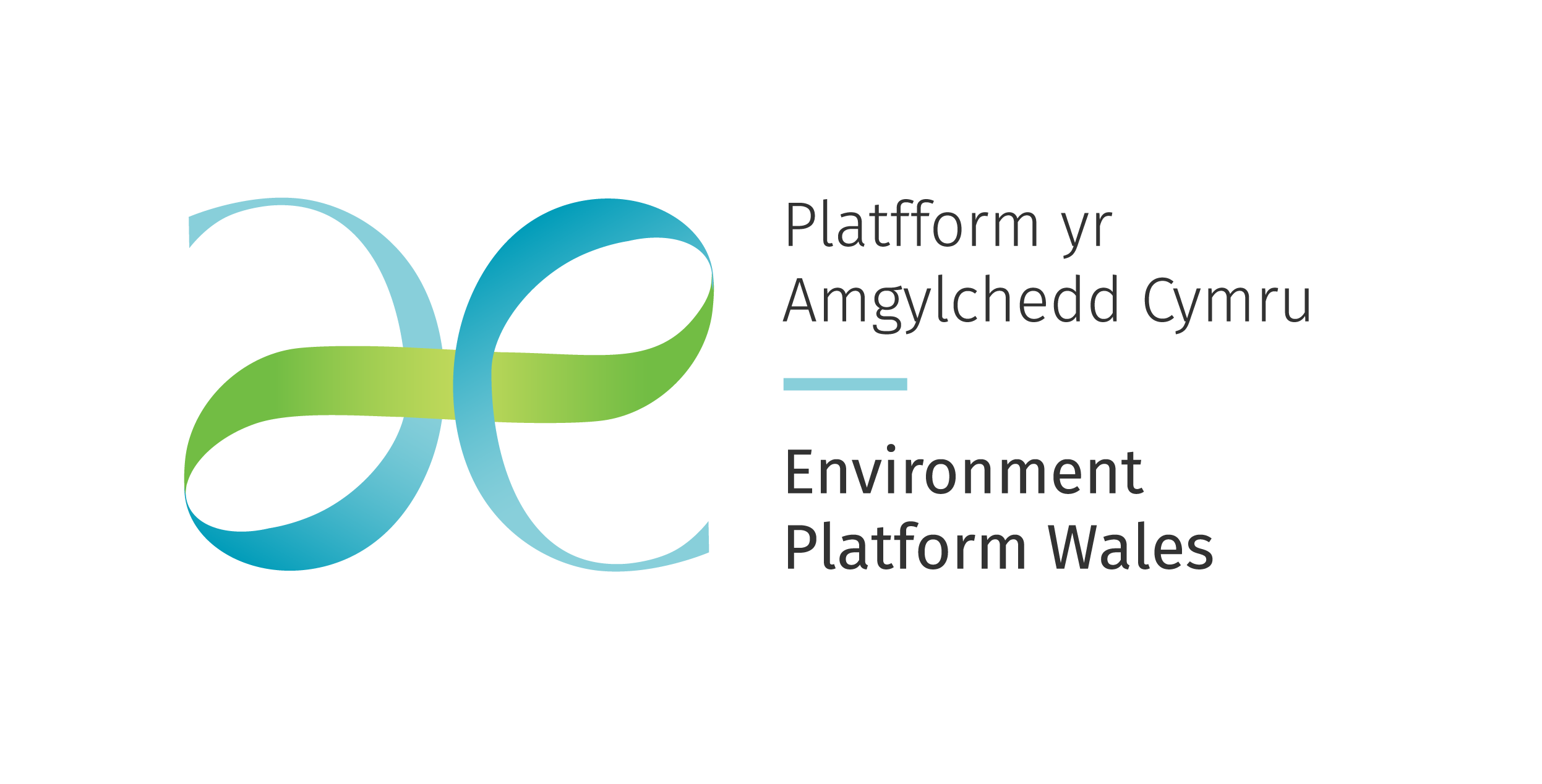
Ahead of our first Environment Evidence conference focusing on Marine Evidence, we catch up with Dr Emma McKinley – a research fellow at Cardiff University’s School of Earth and Ocean Sciences. Emma will be presenting a session on policy and coastal communities on the last day of the Marine Evidence (Wales) conference. Here, she shares what drew her to her research field, what advice she’d give to up and coming researchers – and why she set up the Marine Social Science Network in 2018.
Hi Emma – we’re excited to hear more about your research at next week’s conference. Can you give us a flavour of what attendees can expect?
The session will be interactive, aimed at getting people thinking about how we can use marine social sciences to support marine and coastal management in Wales. We will be looking at what the research priorities might be, where there are gaps in our knowledge and what next steps are in terms of understanding the complex relationship between people and the sea.
Tell us a little bit of our background and how you stumbled or found your way into it?
My background is very mixed – I come from a natural science background, with a degree and Masters in marine biology, but have been working in the more social side of marine sciences for over 10 years. Following my MSc, I worked on a turtle conservation project in Thailand, and was asked by a very wealth British couple, why we couldn’t tell the local Thai fishermen to stop fishing. There was no understanding on their part that these people were fishing to feed their families, that it was their way of life and part of their culture and their livelihoods.
That conversation fundamentally changed my career path. In September 2018, I launched the Marine Social Science Network, which is a global, interdisciplinary network aimed at increasing the profile of marine social science research and practice in policy and decision making.
I realised that we actually need to understand people if we want things to change…my research focuses on people’s relationship with the sea and coast, and how we can better understand this and its role in future management of the sea.
What fires you up about your work and what message do you wish people would take on board?
That social science is still, so often, an add on to research. Nature will always find a way. If we are to change things, and ensure we can address the various global challenges currently at the forefront of global conversation, like climate change, then we absolutely need to understand people, need to understand how and why they ‘value’ their patch of sea or coast – and then we need to use this to ensure we are developing sustainable, just, equitable marine and coastal management.
Marine social sciences do not always fit into quantitative, numerical boxes – it is about context, and a deeper understanding of the ‘whys’. We need to develop better ways of making sure this rich and valuable information is better used as evidence for our marine and coastal management, both in Wales and in the UK.
Interested in knowing more about @MarSocSci? You can watch @EmmaJMcKinley launch presentation to find out more about #marsocsci, All with a good dose of #oceanoptimism #socsea2018blue https://t.co/NyRwb3TRoF
— MarSocSci (@MarSocSci) October 8, 2018
Are there any key take away points relating to your work you’d like the audience at the conference to consider?
I think the main thing is to recognise the need for interdisciplinary thinking – we need to work across sectors, disciplines and groups in order to address the various global challenges we’re facing now and in the future.
Social science research and practice, including economics, psychology, sociology, and increasingly arts and humanities, has a valuable role to play in providing evidence to support our understanding of the intricacies of the relationship between society and the sea.
What’s been your best moment so far in your academic journey?
Watching the momentum grow behind the Marine Social Sciences Network – we started off with a workshop in London in January 2018, launched officially in September 2018 at the Greenwich Maritime Centre’s Society and the Sea conference, and now have over 2000 people worldwide engaging with the Network in some way. Among other things, this shows just how many people, both researchers and practitioners, are working in, or interested in, marine social sciences – there is a real movement around ensuring that we better connect the relationship between society and the sea (and the natural environment, more broadly, of course!)
And breathe 🌊💙🌎 #bluespace #peopleandthesea #marsocsci #whatbankholidaysaremadefor #wales #researchpup #Bodhi pic.twitter.com/6eQjerBYjr
— Dr Emma McKinley (@EmmaJMcKinley) August 25, 2019
What are your goals for the next few years?
To continue to see the Marine Social Sciences Network grow, for it to continue to be a global and interdisciplinary community, and to support capacity building where we can – and to work closely with policy makers and relevant authorities to ensure that the ‘people’ bit of society and the sea isn’t lost, and that we work together to develop better mechanisms for including social science-based research in policy and decision making.
Any advice for new / up and coming researchers or anything you wish you’d been told before you started out?
- Switch off your emails when you want to write! They can wait.
- Build your community – working in research is really rewarding, but it can be difficult and sometimes isolating. Find your community, identify your mentors and build your network. They will become your collaborators and your friends.
- Twitter can be super useful for finding out about events, funding, research – don’t let it take over, but don’t knock it either!
- Always give yourself extra time for writing funding applications – something always goes wrong, right at the last minute!
Something about you people might be surprised to know:
I started school in Saudi Arabia.

You can find out more about Dr Emma McKinley’s work by following her on Twitter or via the Marine Social Sciences Network. Catch Emma and more than 65 other talks, workshops and presentations at Environment Platform Wales’ inaugural conference: Marine Evidence (Wales) 2019.




